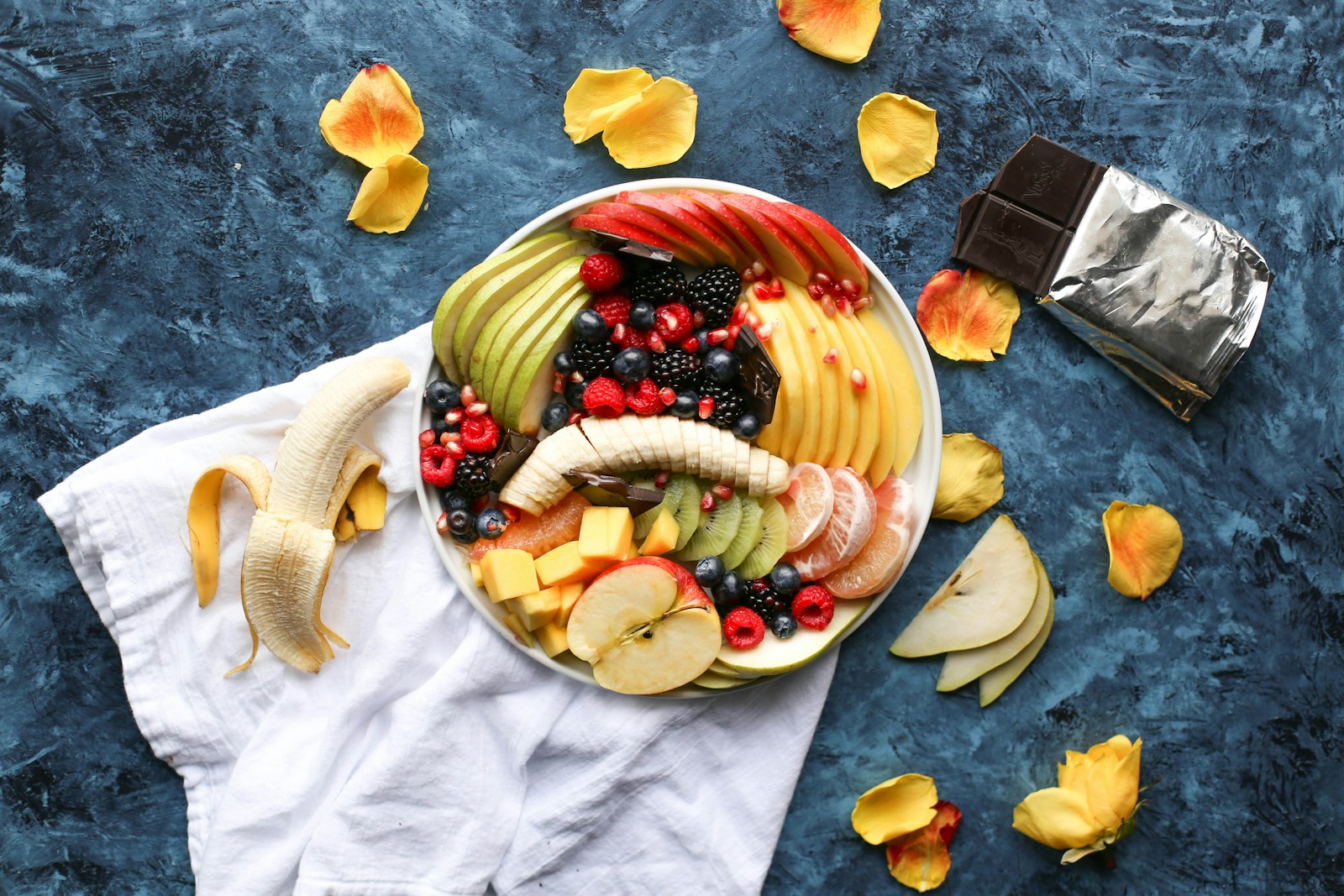
Contrary to popular belief, not all carbohydrates are detrimental for individuals dealing with diabetes. In fact, some carbs, which have been unfairly labeled as “harmful”, can provide notable benefits when it comes to managing blood sugar levels.
Understanding the Role of Carbohydrates in Diabetes
There is no macronutrient quite as misunderstood as carbohydrates. With conflicting advice from different sources, it can be challenging to determine what’s best for your health.
According to the American Diabetes Association, carbohydrates can form a part of a diabetic-friendly diet. However, it’s crucial to differentiate between simple and complex carbohydrates. Simple carbohydrates, typically found in processed foods like white bread and sugary drinks, are absorbed quickly into the bloodstream, leading to sudden spikes in blood sugar. On the contrary, complex carbohydrates, found in whole grains, fruits, and vegetables, are digested slowly, providing a steady release of energy and preventing sharp peaks in blood sugar.
Debunking Myths: “Harmful” Carbohydrates That Are Actually Beneficial
1. Potatoes
Potatoes often get a bad rap in the diabetic community due to their classification as a “white” carbohydrate. However, when consumed with the skin, potatoes provide an impressive amount of fiber and protein, nutrients known to support healthy blood sugar levels. It’s important to opt for healthier preparation methods, such as baking, instead of deep-frying.
2. Pasta
Pasta, another “white” refined carb, may not be as harmful as you think. A study published in the Journal of Nutrition found that pasta had a lower blood glucose response compared to bread or couscous, despite being made from the same ingredients. Portion control remains key when consuming pasta as part of a diabetic-friendly diet.
3. Dried Fruit
While dried fruit is often considered too sugary for a diabetic-friendly diet, certain varieties without added sugars can be a nutritious addition – just be mindful of portion sizes. Prunes, for instance, contain fiber and have a low glycemic index, suggesting a smaller impact on blood sugar levels.
4. Carrots
Carrots, often avoided by diabetics due to their natural sweetness, are not high in sugar. One medium carrot contains approximately 2 grams of dietary fiber and only about 3 grams of natural sugar. Carrots are also high in antioxidants and vitamins, contributing to overall health.
5. Cereal
Cereal selection can make or break your diabetic-friendly diet. While sugar-packed options should be avoided, whole-grain, fiber-rich choices can contribute positively to your diet. Whole grain oats, in particular, are beneficial due to their high beta-glucan content, known for its ability to lower both blood sugar and insulin levels.
Final Thoughts
Contrary to popular misconception, carbohydrates aren’t the enemy for people with diabetes. Some carbs that are traditionally labeled as “harmful” are actually beneficial, especially when consumed in appropriate portions as part of a balanced and healthy diet. As individual needs vary, it’s always important to consult your healthcare provider to ensure these foods are suitable for you.
While managing diabetes can seem daunting, understanding the role of different macronutrients in your diet can empower you to make healthier choices. Remember, it’s not about eliminating certain foods entirely – it’s about understanding how different foods impact your body and making informed decisions based on that knowledge.



